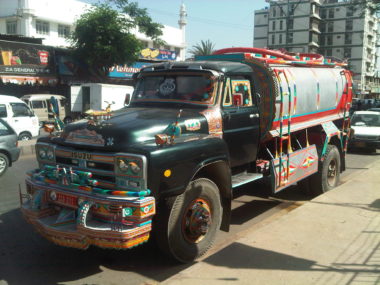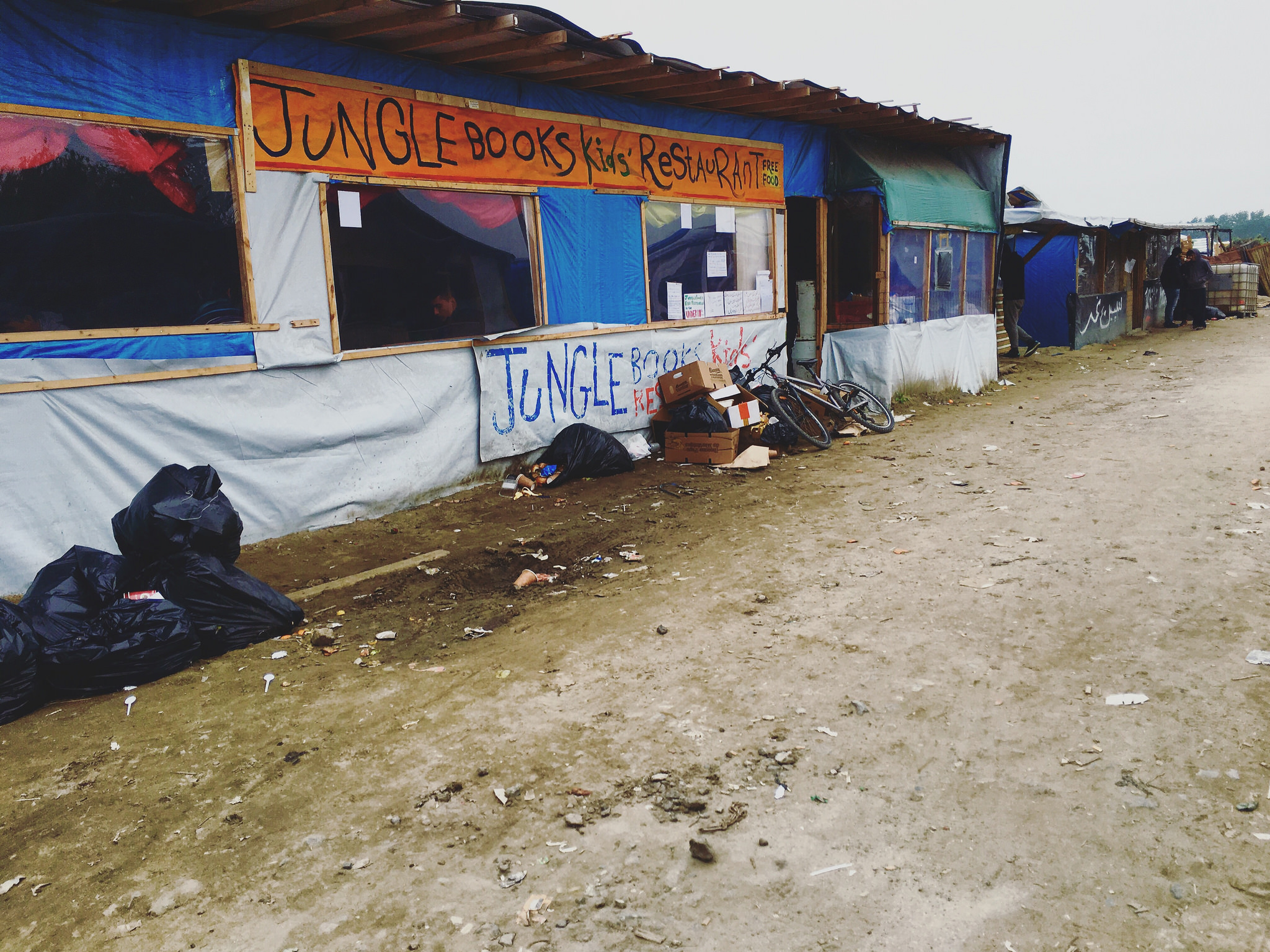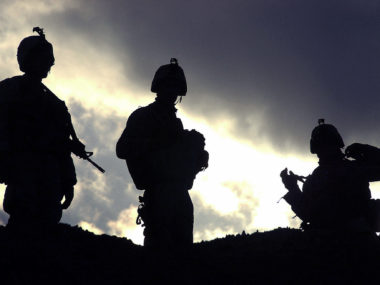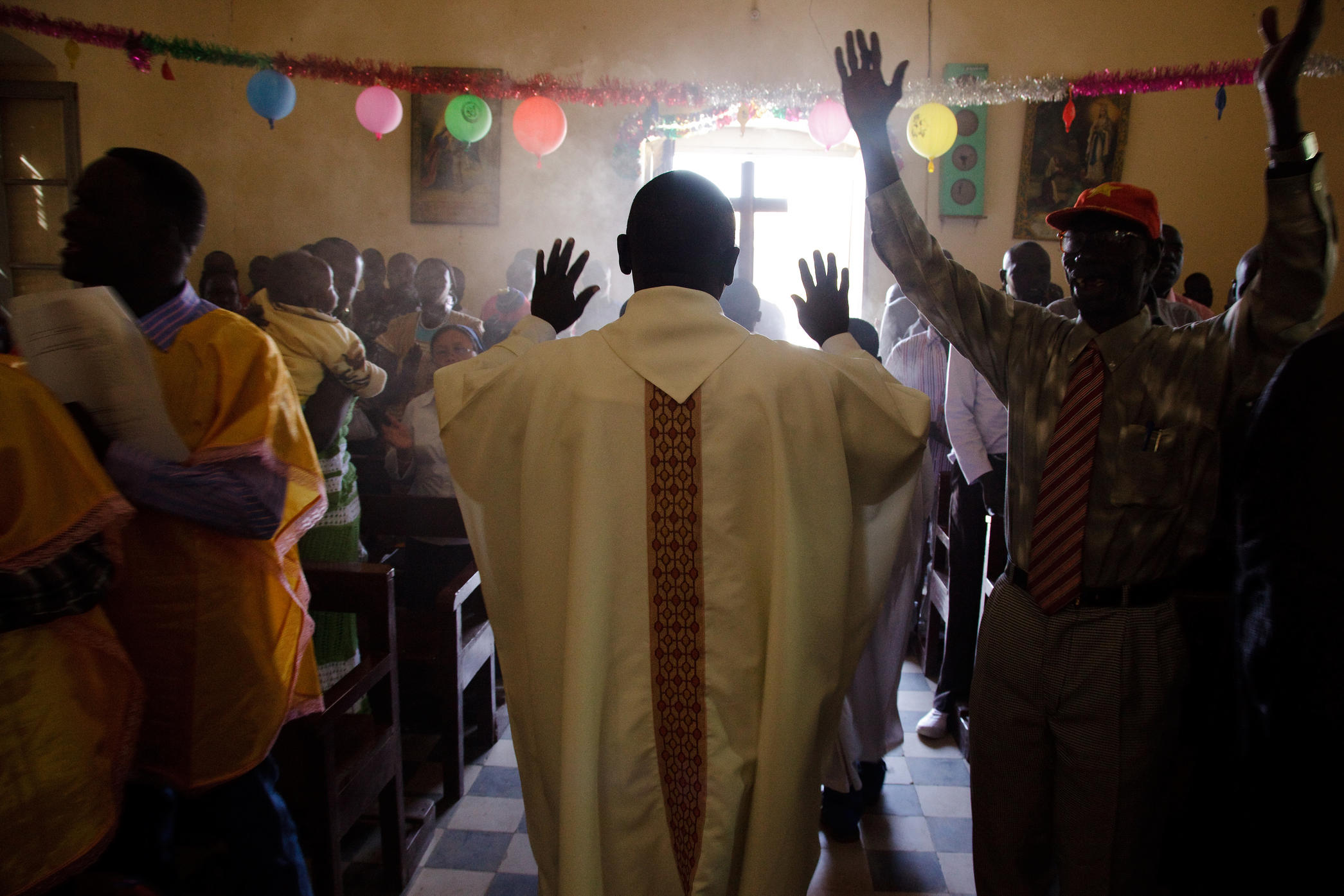Guest post by Christopher M. Faulkner and Jared Thompson
In June, Islamist militants launched an attack against the village of Solhan in Burkina Faso, killing approximately 160 people. The terrorist attack, Burkina Faso’s deadliest since 2015, sent shockwaves through the country. Burkinabé in multiple cities demonstrated to express their frustration with mounting insecurity. Following the attack, the Burkinabé government announced a finding that deepened the horror of the massacres: a majority of the perpetrators were reportedly children between 12 and 14 years old.
The announcement quickly attracted attention from the international community. US Ambassador to the United Nations Linda Thomas-Greenfield described the violence in Solhan as “children killing children.” While some eyewitness accounts have raised questions about the extent to which children were involved, the massacre in Solhan remains illustrative of a trend in the Sahel and beyond: the use of children as soldiers.
The use of child soldiers is not a new phenomenon and children continue to be both victims and perpetrators of violence in the Sahel as the conflict escalates. What can policymakers and the international community learn about the drivers of child recruitment in the region and what are the implications for security in the Sahel?
Understanding Child Recruitment
Research on the causes of child recruitment generally focuses on supply and demand. On the supply side, structural conditions like school closures or large numbers of internally displaced persons (IDPs) might increase the pool of potential recruits. At the same time, groups may actively recruit children given the value they bring to an organization, such as their ability to help extract natural resources like gold and diamonds.
In Burkina Faso, both pathways are evident. The Solhan attack forced more than 2,000 children to flee—adding to the approximately 1.2 million IDPs in the country. Moreover, Burkina Faso’s education ministry reported that, as of March 2020, more than 2,500 schools had closed due to violence, affecting approximately 350,000 students. The COVID-19 pandemic has exacerbated the situation.
In short, children are both “in supply” and “in demand” in Burkina Faso. Out of school, children are increasingly visible in the country’s informal gold mining sector. Artisanal mining sites, often found in the country’s rural border zones, have been targeted by militant organizations. Engaged in the illicit economy, such groups are more likely to seek out children. Moreover, parts of these border zones are largely outside of state control, allowing Islamist groups like Jama’at Nasr al-Islam wal Muslimin (JNIM) and Islamic State Greater Sahara to assert authority. The US State Department has documented the exploitation of children by violent extremist organizations while the Justice Department has also reported the detention of children in Burkina Faso’s prisons for terrorism offenses, providing further evidence that militant groups have recruited children.
While Islamist militant groups likely represent the largest driver of child recruitment and victimization in the Sahel, they are likely not the only perpetrators. The Burkina Faso government supports several armed groups to combat rising militant violence. While nominally regulated by the state, including a requirement that volunteers must be over 18, these groups frequently operate outside of the law, committing human rights abuses including crimes against children. Recruitment for these groups often occurs locally, which eliminates centralized oversight that could prevent children’s exploitation.
Looking Ahead
Recruiting children to participate in violent conflict is not unique to Burkina Faso. Children are used by militants in neighboring Mali, by Boko Haram and Islamic State West Africa Province in Nigeria, and by the Islamic state, Kurdish militias, and the SDF in Syria, to name a few. The global pandemic has only increased children’s susceptibility to recruitment. For Burkina Faso and the greater Sahel, this is an alarming trend given continued violence and the announced end of France’s Operation Barkhane counterterrorism mission.
While difficulties abound, there are tools that can improve protections for children. The United States, for instance, should redouble its efforts to ensure that Burkina Faso is in compliance with the Child Soldier Prevention Act, a law passed in 2008 by the US Congress designed to combat child soldiering by governments, by connecting compliance to US security assistance. Though follow-through on security assistance cuts has been underwhelming, the State Department has previously listed Mali as being in violation for support provided to non-state militias that exploit children.
More broadly, the Burkinabé government should eliminate barriers to open press coverage of the conflict. The government has increasingly blocked press access to IDP camps. While media freedom is an imperative tool for curtailing state violence, local outlets who report on the conflict can face suspension for alleged inaccuracies. The international community should encourage the Burkinabé National Assembly to revisit 2019 revisions to the penal code that criminalize publishing information that “demoralizes” security forces. These legal provisions have had a chilling effect on conflict reporting and blur the full picture on child soldiering.
Though the long-term implications of child recruitment in Burkina Faso are unclear, research shows that conflicts where child soldiers are used are often longer and more likely to recur. Moreover, children face lasting emotional and psychological consequences and potential ostracization from their communities. How to deal with former child soldiers will also be a challenge for the Burkinabé government as has been the case for former ISIS child soldiers in Iraq and Syria. For now, however, children in Burkina Faso risk continued suffering at the hands of an intensifying conflict that leaves them without access to education and at increasing risk of victimization. By addressing economic hardship, encouraging transparent media coverage, and holding recruiters accountable, the Burkinabé government and international partners can help ensure that children are protected—rather than caught in the crosshairs of conflict.
Christopher M. Faulkner is a postdoctoral fellow in the National Security Affairs Department at the US Naval War College. Jared Thompson is a research associate for the Transnational Threats Project at the Center for Strategic and International Studies. The views expressed here are solely those of the author and not of the Naval War College, The Department of the Navy, the Department of Defense, or the United States Government.







